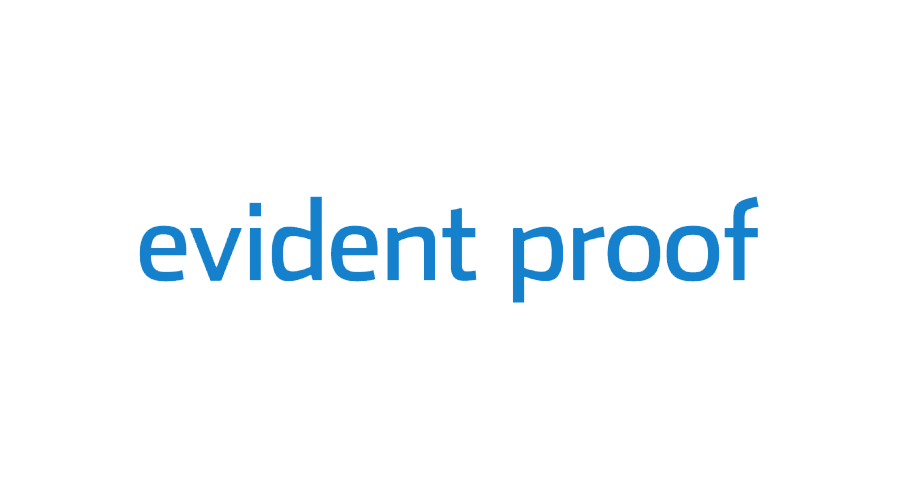Evident Proof, a platform that leverages the Ethereum blockchain to provide immutable evidence of the provenance of data records, recently passed its smart contract audit by audit experts Hosho – scoring a 100% rating for its testable code. Smart contract audits are crucial because live code deployed on the blockchain can be difficult to rectify. However, many blockchain projects fail to complete an audit.
Describing itself as an ‘Immutable Proof As A Service’ or ‘IPAAS’ – Evident Proof receives the data of a business, organization or individual, encrypts it, then creates a unique signature – a seal – for each. These are stored in an immutable ledger, called a proof chain, which lives on both a private and a public blockchain.
“We’re delighted to receive this endorsement from Hosho of our impeccable software development standards. We believed before this audit that our protocol was close to flawless. But we know our customers need transparency to put their trust in us for such an important service. Hosho has a reputation for being the world’s most diligent smart contract auditors so this is an important milestone for us.”
The platform aims to deliver businesses, organizations, and individuals immutable proof certificates that verify the accuracy, completeness and time order of digital records it holds for them.
Evident Proof’s management team has vast experience in running and building large-scale multinational IT platforms. CEO Adrian Clarke is a former CTO at Microsoft. And the Evident Proof team worked with Microsoft to develop its proof of concept.
The Hosho team said: “The team of experts at Hosho, having backgrounds in all aspects of blockchain, cryptography, and cybersecurity, can say with confidence that the Evident-Proof contract is free of any critical issues.”
The validation comes as Evident Proof helps a growing number of businesses, organizations and even individuals to justify and verify many of their data activities.
Evident Proof is now putting in place a bug bounty program to encourage further analysis of the smart contract by other third parties.
